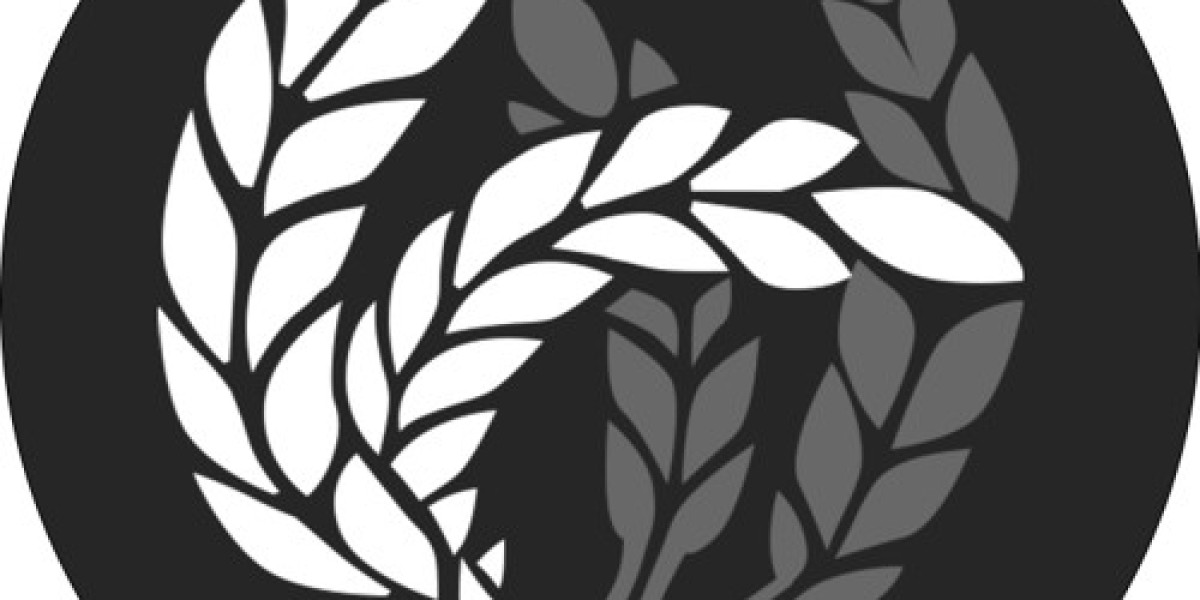A well-balanced diet, regular exercise, appropriate sleep, and other lifestyle elements are frequently required for excellent health maintenance. In addition to these principles, several supplements may promote overall health and well-being. Here are some key vitamins that are frequently advised for optimum health:
Multivitamins are supplements that include a variety of vital vitamins and minerals. They can help to cover nutritional deficiencies in the diet and promote general health. Choose a multivitamin that has a wide range of nutrients, including vitamins A, B, C, D, E, and K, as well as minerals such as calcium, magnesium, zinc, and iron. Cenforce 200, Cenforce d, and Vidalista 40 provide the power of performance.
Omega-3 Fatty Acids: Fish oil supplements contain omega-3 fatty acids, which are necessary fats that promote heart health, cognitive function, and inflammation control. They are very good for heart health, cognitive function, and joint health. Look for fish oil supplements that contain EPA (eicosapentaenoic acid) and DHA (docosahexaenoic acid), the two primary omega-3 fatty acids.
Vitamin D is a fat-soluble vitamin that promotes bone health, immunological function, and mood modulation. Many people have low vitamin D levels, particularly those who live in areas with little sunlight or spend the majority of their time indoors. Consider taking a vitamin D supplement, especially during the winter months or if you get little sun exposure.
Probiotics are helpful bacteria that aid digestion and immunological function. They promote a healthy gut flora balance and may lower the incidence of digestive problems such as diarrhea, constipation, and irritable bowel syndrome (IBS). Look for probiotic pills that have a variety of strains, such as Lactobacillus and Bifidobacterium species.
Magnesium is a vital element that participates in hundreds of biochemical activities in the body, including muscle and neuron function, energy metabolism, and bone health. Many people may not obtain enough magnesium through their diet, therefore supplementation may be advantageous. Magnesium supplements come in several forms, including magnesium citrate, magnesium glycinate, and magnesium oxide.
Calcium: Calcium is a mineral required for bone health, muscle function, and nerve transmission. It is especially crucial for keeping your bones strong and preventing osteoporosis as you become older. If you are not getting enough calcium-rich items in your diet, such as dairy products, leafy greens, and fortified meals, you may consider taking a calcium supplement.
Vitamin B12 is a water-soluble vitamin that promotes red blood cell development, neuron function, and DNA synthesis. It is mostly present in animal sources, therefore vegetarians and vegans may be deficient. Vitamin B12 supplements can help prevent or repair deficiency while also improving general energy levels and cognitive performance.
Coenzyme Q10 (CoQ10) is a naturally occurring molecule in the body that plays an important function in energy production within cells. It also works as a strong antioxidant, shielding cells from oxidative stress. CoQ10 supplements may benefit cardiovascular health, increase exercise performance, and lower the risk of some age-related illnesses.
Fiber Supplements: Fiber is beneficial to digestive health, weight management, and blood sugar regulation. While fiber is best obtained through whole foods such as fruits, vegetables, whole grains, and legumes, fiber supplements might be beneficial for people who struggle to fulfill their daily fiber requirements. Look for fiber supplements derived from psyllium husk, oat bran, or wheat bran.
Iron is an essential mineral that helps to create red blood cells and transport oxygen throughout the body. Iron deficiency is one of the most frequent nutrient deficits worldwide, causing symptoms such as weariness, weakness, and poor focus. Iron supplements may be required for people who have iron deficiency anemia or are at risk of deficiency, such as menstrual women, pregnant women, and vegetarians.
Before beginning any new supplement regimen, you should contact with a healthcare physician or trained dietitian to establish your specific needs and ensure that the supplements are safe and appropriate for you. Furthermore, supplements should be used in conjunction with a balanced diet and lifestyle, not as a replacement for nutritional foods.








